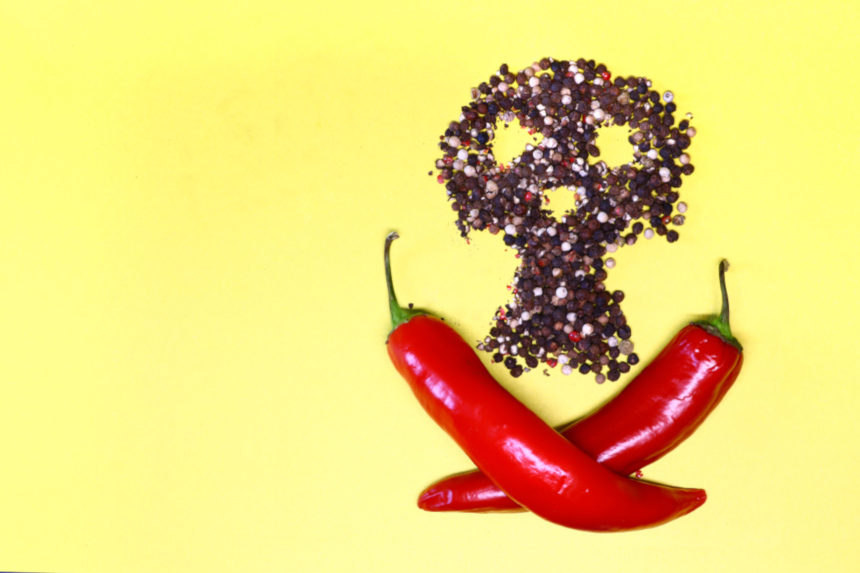Managing editor and logophile Andy Hollandbeck reveals the sometimes surprising roots of common English words and phrases. Remember: Etymology tells us where a word comes from, but not what it means today.
When Spanish explorers in the 1600s landed on what is now called Hispaniola (the Caribbean island that is today divided between Haiti and the Dominican Republic), they were met by the now-extinct Taino people. The Taino had a way of roasting and curing meats that the Europeans hadn’t seen before: It involved creating a framework of sticks called a barbacoa — at least that’s what it sounded like to the crew.
Meat cured and dried in the Taino way could be stored for long periods; in a time before refrigeration, this became a valuable skill for sailors. Over time, barbacoa took on more meanings than just the wooden frame, and eventually it found its way into English as barbecue.
If this business of preparing meat on a wooden frame sounds familiar, it should. I quickly glossed over a word with a similar story in “The Difference between a Swashbuckler and a Buccaneer.” When French explorers came to the area, they learned the same native meat-curing process, only they learned it from the Tupi, who called the wooden framework mukem. The French transliterated the name to boucan, and people who prepared their meats in that way were called boucaniers.
These boucaniers made their way to Hispaniola and Tortuga for the good hunting but, to quote the American Heritage Dictionary, “subsequently adopted a more remunerative way of life, piracy.” The boucaniers became, in English, buccaneers.
So this Independence Day, if any pirates show up at your backyard barbecue and offer to helm the grill, maybe hand over the tongs. They’ve got a history with meat roasting and curing that you can’t hope to match.
Featured image: Shutterstock
Become a Saturday Evening Post member and enjoy unlimited access. Subscribe now




Comments
I actually kind of love the word ‘barbacoa’ more than barbecue, or is that barbeque?! Either way it’s interesting how it ties in with the words ‘boucaniers’ then later morphing into ‘buccaneers’ in English.
Thanks for including the link on the Swashbuckler and Buccaneer differences. It was fun re-reading it. My comments on this site are probably more than I realized; I haven’t kept count.
If any pirates show up at my backyard barbecue, I’ll be happy to hand over the tongs——unless it’s “Captain Jack Sparrow”. I have my standards Andy, and they (with all due respect) don’t include actors that are unfortunately dark shadows of their former selves both personally and professionally. Frankly, being Tim Burton and Disney’s ‘whore of choice’ hasn’t had a happy ending, obviously. Parodies rarely do, and I simply won’t be embarrassed at my own 4th of July party. Captain Morgan and Keith Richards however, are welcome.